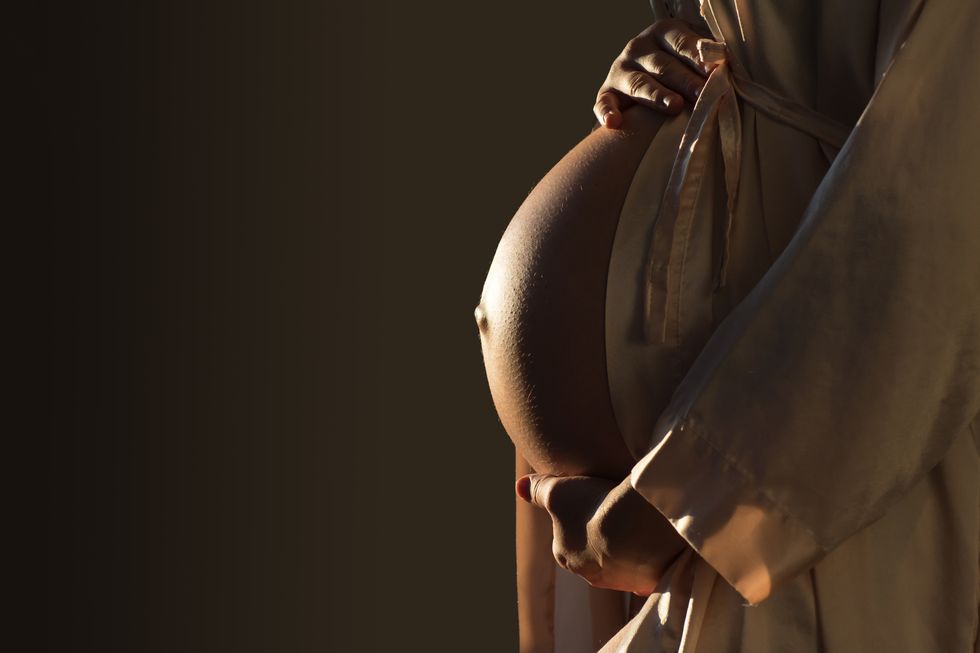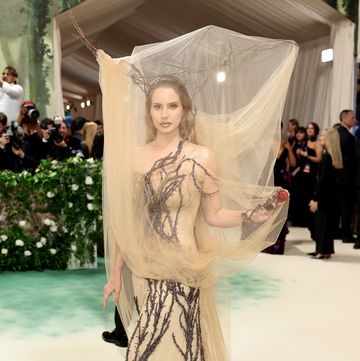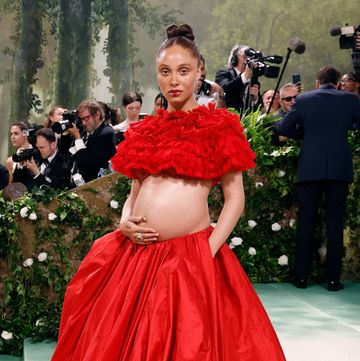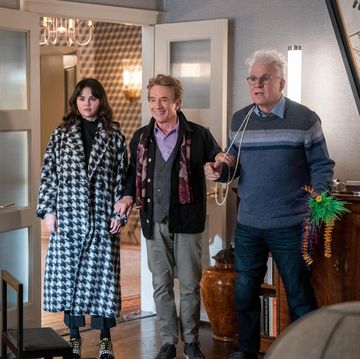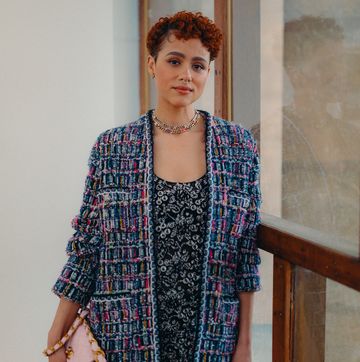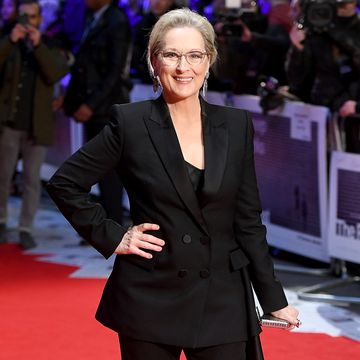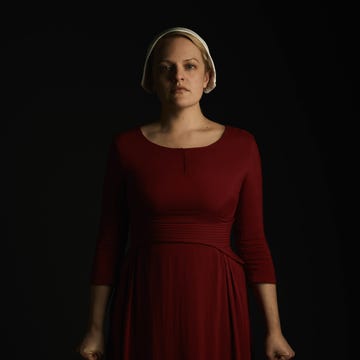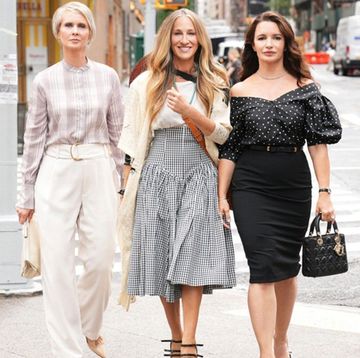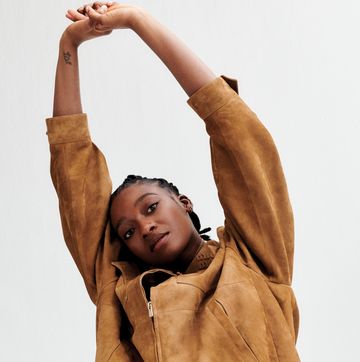You name the symptom, and you can guarantee that women somewhere in the world have Googled it, scoured the internet for evidence of it, or scrolled through TikTok in search of a diagnosis for it. But over the last 20 years, that reality seems to have shifted, according to recent data released by Google.
The search engine confirmed that since 2004, women’s health has been searched 70% less than men’s health in the UK, with breast cancer and infertility being less searched over time — despite the fact that rates of the former are set to rise by 1% this year, and fertility fell to its lowest recorded level between 2010-20. The implication, experts have suggested, is that women are resigning themselves to the fact that there is simply a dearth of research, information and guidance pertaining to women’s health problems. Because where women’s health queries go, answers seem worryingly slow to follow.
FIND OUT MORE ON ELLE COLLECTIVE
‘In today's digital era of abundant information, the notable discrepancy in online searches between women’s health and men’s health in the UK is a cause for concern,’ Valentina Milanova, women’s health expert and founder of gynaecological health company Daye, tells ELLE UK. ‘This disparity not only underscores the existing gender health gap but also emphasises the urgent need for heightened awareness and resources dedicated to women's health. A prominent example of this gender gap in healthcare is evident in pain management and disease diagnosis.’
Milanova nods to 'societal biases favouring men's health or neglecting women's unique healthcare needs'.
'This is exemplified by the insufficient allocation of public and private funding towards gynaecological health, with less than 1% of venture capital and under 2.5% of public funding directed towards women's health in the UK,' she says. 'Such disparities can have profound implications for women's well-being, underscoring the critical importance of access to accurate and comprehensive health information.'
The facts alone speak for themselves. A 2017 Public Health England profile reported that while women live longer than men, women spend more years in 'poor health' than men (2.9 years longer), while Wellbeing of Women found that just 2.1% of all publicly funded research is dedicated to women's reproductive health and childbirth, despite women making up 51% of the population.
Dearbhail Ormond is the founder and CEO of frendo, a digital health solution that supports endometriosis sufferers. She explains that women have largely been left to become the 'CEOs of our own health' and signals to the fact that, in tandem with the decline in Google searches, women are increasingly turning to digital solutions to take charge of their own health, from apps that track their periods to platforms that support menopause and, indeed, endometriosis.
'We know conditions like endometriosis and PCOS that disproportionately impact women have historically been underfunded in proportion to the burden they exert on the population,' she tells ELLE UK. 'There is a real irony when we look at how much women contribute to consumer spending – estimated to be 83% in the USA – and how much we contribute to the economy, both as shoppers and workers, and yet we do not receive the same level of healthcare support as men.'
There are other social elements that could be attributed to the decline in searches for women's health. 'An alternative look at this figure involves the ways in which women share personal information, including their health. Women typically have stronger peer networks both in their personal and professional lives, so are more open to talking about health issues on a one-to-one level,' says Naomi Thompson, Head of Organisational Development at Benenden Health, which has extensively researched the gender health gap. 'From our own research it was comforting to see that even though some women are reticent to speak openly about their health in the workplace, if they had to, 96% of those said they are more comfortable talking to a female manager about their health.'
It may well be that while women are more willing to socialise their symptoms, men aren't. It may also be that as a symptom of the patriarchy, research is subconsciously engineered more towards researching male-specific health concerns. But regardless of the reasons as to why such a gaping chasm between Google searches for men's and women's health has developed over the past two decades, the facts are clear: there is a widening gender health gap that, just like women's health concerns themselves, should not be ignored and deserves attention in order to be remedied.
ELLE Collective is a new community of fashion, beauty and culture lovers. For access to exclusive content, events, inspiring advice from our Editors and industry experts, as well the opportunity to meet designers, thought-leaders and stylists, become a member today HERE.

Naomi May is a freelance writer and editor with an emphasis on popular culture, lifestyle and politics. After graduating with a First Class Honours from City University's prestigious Journalism course, Naomi joined the Evening Standard as its Fashion and Beauty Writer, working across both the newspaper and website. She is now the Acting News Editor at ELLE UK and has written features for the likes of The Guardian, Vogue, Vice and Refinery29, among many others.


